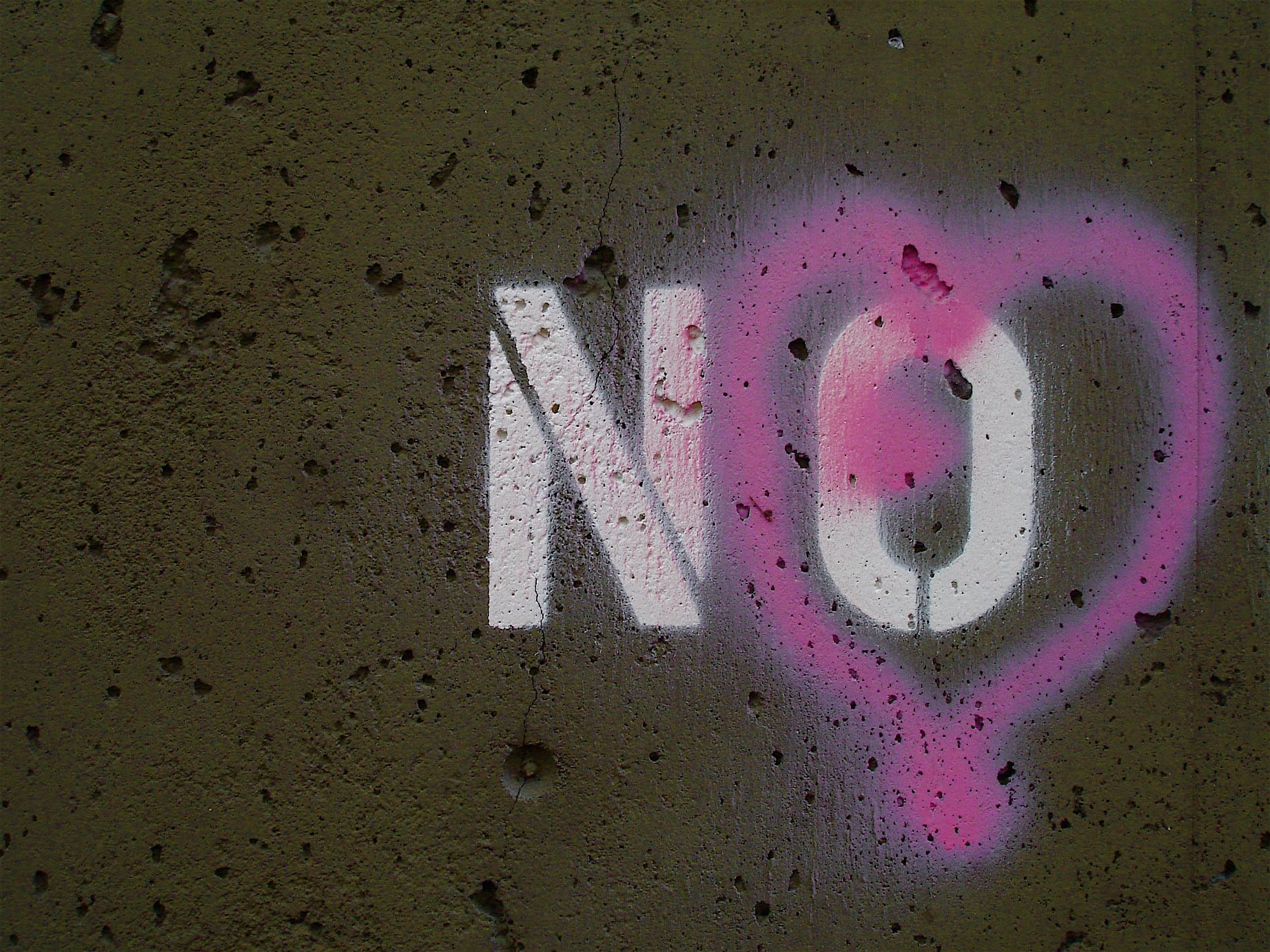About a year ago, I realized I’d been saying “yes” too much.
I was accepting all sorts of conference invitations, speaking engagements, marginally useful projects, and offers to “grab coffee,” “get lunch,” and “hop on a call.”
Looking at my schedule, I realized it was no longer mine. My schedule was hijacked by other people.
I began to realize that saying “yes” was a voluntary choice. I was choosing to put my mouth on the spigot of meetings and conferences. In doing so, I was screwing over my future self.
Think about it: How many times have you committed to doing something 6 months from now only to regret it later? Inevitably, the future you ends up hating the present you.
Ego had a lot to do with the way my schedule looked. They want me at this meeting or conference? I must be important. With my schedule jam-packed with events, I could humblebrag about being overcommitted and overwhelmed.
Then, I came across this life philosophy from writer and entrepreneur Derek Sivers: “If it’s not a HELL YEAH!, it’s a no.”
When you’re deciding whether you should do something—whether it be attending a meeting or taking a trip—if you feel anything less than “Hell yeah!,” the answer should be a “no.”
You have to say no to the unimportant tasks, so you can say yes to your priorities.
Each “yes” comes with a huge opportunity cost.
If you’re saying “yes” to a phone call or a meeting, you’re saying “no” to everything else you could be doing during that time.
If you’re saying “yes” to checking your email at 2:14 pm, at 2:24 pm, at 2:44 pm, and again at 2:54 pm, you’re saying “no” to 40 minutes of deep work on an important task.
As Derek is quick to warn, at the initial stages of your career, you need to say yes more often to build your name and reputation. But after a certain point, you can afford to say no more frequently. In fact, you can’t afford to say yes as frequently as you do, if you want to accomplish anything extraordinary.
This does not mean you stop answering phone calls from friends or refuse to give advice when others ask for help.
Far from it.
You simply become more conscious about saying yes. All too often, we say yes too quickly without considering all of the consequences.
This is a philosophy designed to make you more aware. To make you pause before you commit. To say “Let me give that some thought” before you pull the trigger too quickly.
No, you don’t have to attend every meeting you’re invited to. Meetings, to paraphrase Dave Barry, are the reason why the human race has not achieved its full potential. You know which meetings are important and which ones are negligible. Ignore the latter.
I know saying no can be tricky. It’s one thing to say hang up on a telemarketer, but something else to give a blunt no to your significant other or your boss.
But even when the other person has the power to influence your marriage or career trajectory, resist the instinct to immediately say “yes” without fully realizing what you’re getting yourself into.
Instead, try one of these two alternatives offered in the terrific book, The Coaching Habit:
“What do you want me to take off my plate so I can do this?”
“If I don’t have the bandwidth to do all of this, which part would you have me do?”
As the book explains, you’ll likely get one of three responses:
1. The other person doesn’t care and tells you to do it anyway.
2. The other person has a good answer for your questions (this is a win for you).
3. The other person finds someone else who’ll say yes more easily than you will (also a win).
Yes, you might end up mildly upsetting some people along the way.
But the far greater gains you’ll make in your productivity will be well worth it.
(Photo credit Lili Vieira de Carvalho)
Bold



